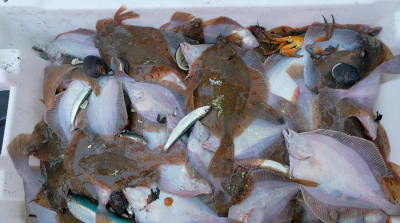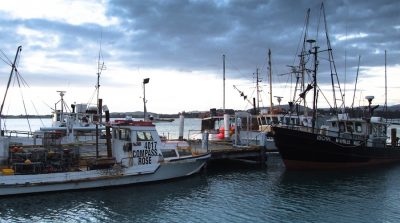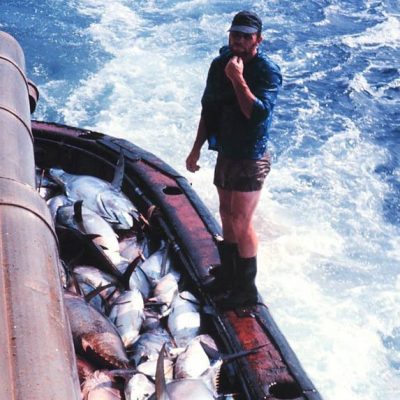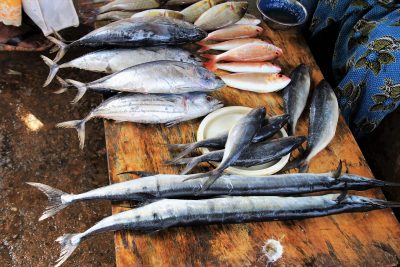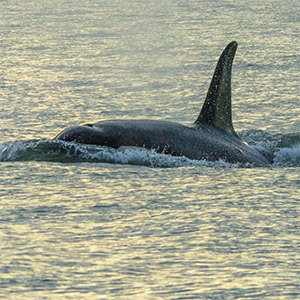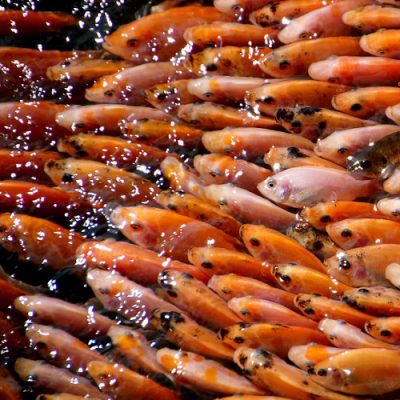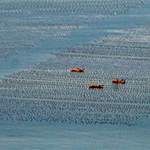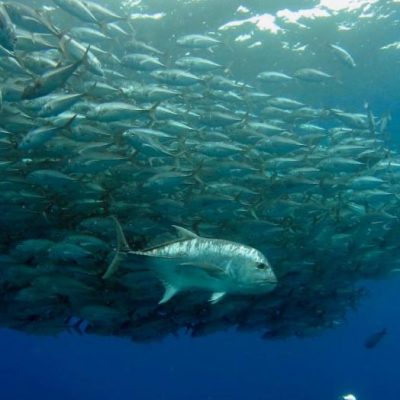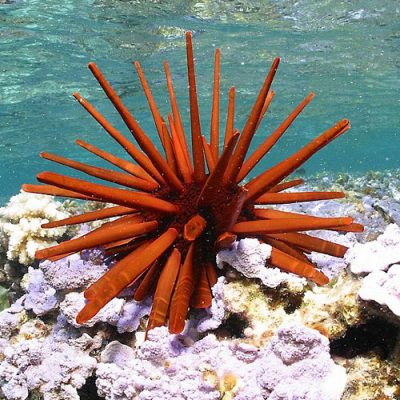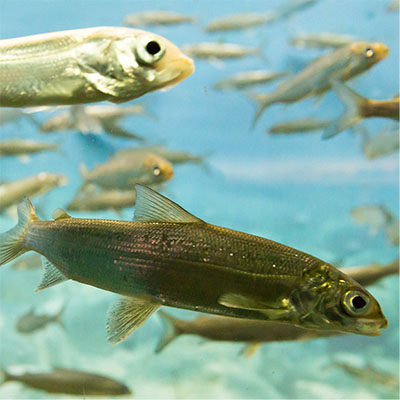Fisheries Research Overestimates Fish Stocks
As the abundance of global fish populations continues to deteriorate, top fisheries researchers are calling for simpler yet more accurate stock assessment models that avoid overly optimistic scientific advice, which ends up encouraging overfishing.
Overfishing and climate change impacts on New Zealand’s fish populations were hidden – until now
An international team of researchers shows that, despite ocean water temperature around the island country modestly increasing by 0.04°C per decade from 1950–2019, the presence of warmer-climate species is a clear indicator of the impacts of climate change on marine life.
Climate change to drive increasing overlap between Pacific tuna fisheries and emerging deep-sea mining industry
Sourcing for car batteries and rare earth metals in the deep-sea — what does this mean for the tuna fish? IOF author takes a look into the possible consequences of mining into the deep, dark ocean.
New FCRR: Global Fisheries: Livelihood Impacts of Overfishing. Technical Report: November 30, 2022
This technical report supports what researchers have been saying for many years – we urgently need to rebuild overfished fish stocks in order to recoup the current economic and social benefits that are inescapable with current catch loss.
Food quality matters for southern resident killer whales, UBC study states
If southern resident killer whales ate just low-lipid salmon, they would have to eat around 80,000 more Chinook salmon every year than if they just ate high-lipid salmon.
Expecting aquaculture to ‘feed the world’ may be unrealistic, UBC-led study shows
Trends in global aquaculture growth rates reveal that the 101 million tonnes of farmed fish intergovernmental bodies expect countries to produce by 2030 may be unrealistic.
Global fish stocks can’t rebuild if nothing done to halt climate change and overfishing, new study suggests
“We are at a turning point. What we need is a coordinated global effort to develop practical and equitable marine conservation measures to support effective biomass rebuilding under climate change,” said Dr. William Cheung
Local stakeholder involvement key to understanding protection level of MPAs
Knowledge provided by local non-governmental organizations, academics, civil servants, journalists, and fishers can be valuable for evaluating the effectiveness of countries’ marine protected areas.
Unrelated theories coincide on link between respiratory stress and fish reproduction
A physiological explanation and an evolutionary explanation related to the moment fish become sexually active – and spawn for the first time – have turned out to be two sides of the same coin
